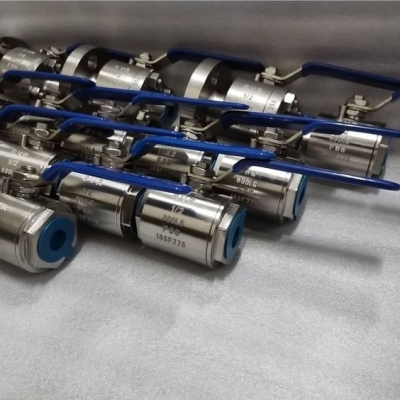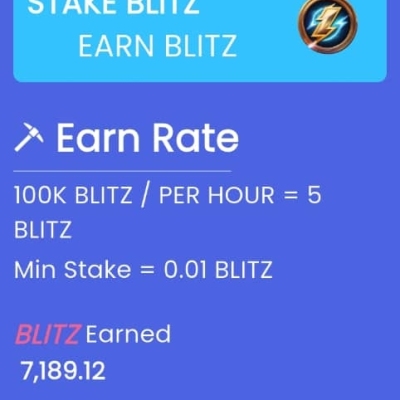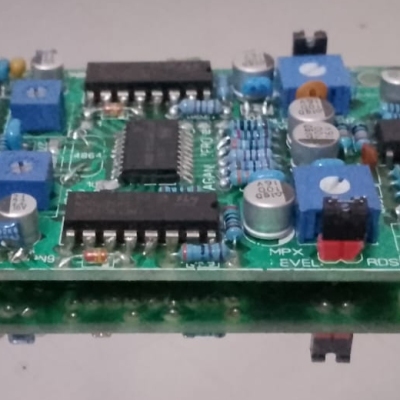Utilizing Idle Compute to Enhance Decentralized Network Scalability and Efficiency
As decentralized networks grow and become more integral to digital infrastructure, scalability and energy efficiency challenges have become increasingly critical. Traditional centralized systems, dependent on powerful servers, often struggle to meet the demands of increasing transaction volumes and data processing needs. However, a novel solution lies in harnessing the untapped computational power of idle consumer hardware. By leveraging these dormant resources, developers can significantly improve the scalability and energy efficiency of decentralized networks, potentially transforming the entire ecosystem.
As developers push the limits of decentralized networks, they also require environments where they can experiment and refine their ideas before deployment on live networks. Sandboxes provide these essential safe spaces for testing, iteration, and debugging. Platforms like Koii Network are leading the way, not only by utilizing idle consumer hardware but also by offering comprehensive sandbox environments that empower developers to explore and innovate with confidence.
Decentralized networks offer significant advantages in terms of security, transparency, and user control. However, they face substantial scalability challenges. For instance, blockchain platforms like Ethereum are limited in their ability to efficiently process transactions at scale. This limitation is particularly evident during periods of high demand, leading to network congestion, slower transaction times, and increased fees.
Moreover, the energy consumption associated with maintaining decentralized networks is a growing concern. Traditional blockchain networks, especially those using Proof of Work (PoW) mechanisms, are notorious for their energy-intensive operations. As environmental sustainability becomes a global priority, finding ways to reduce the energy footprint of these networks is crucial.
Harnessing Idle Consumer Hardware
One of the most promising approaches to addressing these challenges is utilizing idle consumer hardware. Globally, millions of devices—ranging from personal computers to smartphones—remain underutilized for much of their operational life. These devices possess significant computational power that, when aggregated, can rival that of traditional data centers.
Platforms like Koii Network recognize this potential and are leveraging it to create more scalable and energy-efficient decentralized networks. By enabling these devices to perform computational tasks as part of a distributed network, Koii boosts overall processing capacity while reducing reliance on centralized, energy-intensive servers.
This distributed computation approach allows for a more efficient and scalable network. As transaction volumes increase, the network can easily scale by tapping into additional idle devices, ensuring high performance even under heavy loads. Additionally, because these devices are already powered and connected to the internet, the additional energy consumption is minimal, making this approach far more sustainable than traditional methods.
The Necessity of Sandboxes in Decentralized Development
While the benefits of leveraging idle consumer hardware are clear, developers also need environments where they can safely test and refine their applications before launching them on a live network. This experimentation is crucial because deploying untested code can lead to significant risks, including security vulnerabilities and network disruptions.
André Cronje, a well-known figure in the decentralized finance (DeFi) space, famously adopted a "test in production" philosophy, deploying new code directly onto live networks. While this approach led to rapid innovation, it also resulted in several high-profile incidents where untested features caused significant issues. These risks highlight the importance of having robust sandbox environments where developers can iterate safely.
Koii’s EZSandbox: A Developer's Playground
Koii Network addresses this need with its EZSandbox, a comprehensive and accessible environment designed to empower developers to explore, experiment, and refine their ideas before going live. The EZSandbox offers a series of workshops that guide developers through every phase of building a community-hosted application, from initial development to final deployment.
In the EZSandbox, developers can start by deploying their Koii Task Node locally, allowing for rapid debugging and iteration. This initial phase is crucial for identifying and resolving issues early in the development process. Once the application is stable, developers can deploy it to Docker to test auditing and incentive mechanisms, ensuring that the application behaves as expected under different conditions.
https://bit.ly/3yqqpl0
بورنگ
اس پوسٹ کو یکسانیت اور حد سے زیادہ تکرار پر صارفین سے وسیع پیمانے پر رائے ملی ہے۔













